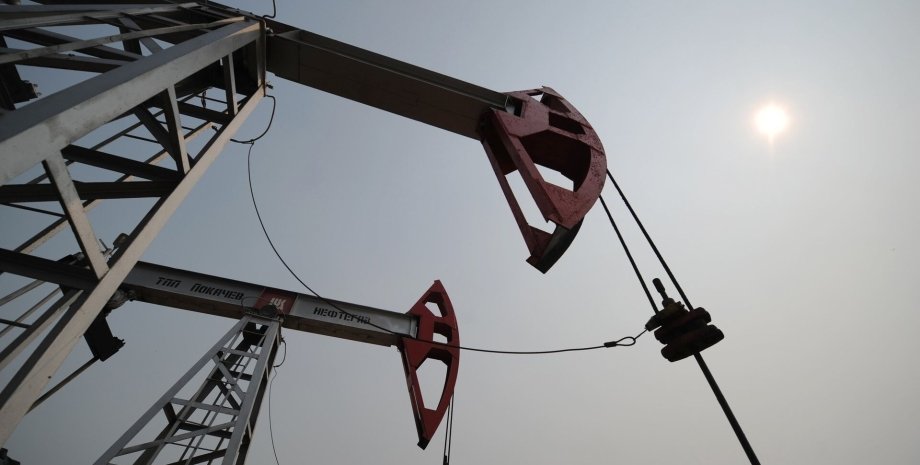
These two countries, the agency notes, as the largest leading exporters of "Black Gold" confirmed that the additional voluntary reduction of oil production will be observed by the end of the year. In turn, this will retain a limited supply, as fears of demand and economic growth continue to put pressure on raw oil markets.
"This additional voluntary reduction is intended to intensify precautionary measures taken by OPEC+ countries to maintain the stability and balance of oil markets," Reuters notes with reference to one of the sources of the statement. Both countries have stated that the volume of production reductions will be revised next month and possibly elongated, in -depth or enlarged.
"Saudi Arabia has confirmed that it will continue the additional voluntary reduction of production by 1 million barrels a day, which will lead to the production of about 9 million barrels a day in December," the newspaper reports, citing a source at the Ministry of Energy. Following Saudi Arabia, Russia was declared to reduce the voluntary reduction of raw oil and oil products by 300,000 barrels a day by the end of December.
OPEC+, which includes the organizations of organization of oil exporting countries (OPEC) and leading allies, including Russia, reduces production since 2022, which, according to the Alliance, is a warning measure to maintain market stability. This September, Oil reached a maximum of 2023, ranging about $ 98 per barrel of Brent, although since then the price has fallen to a level of about $ 85 a barrel on Friday, November 3, despite support from the conflict in the Middle East.
Saudi Arabia, de facto OPEC leader, first went to a voluntary reduction in July this year. This was done as a supplement to a broad agreement on the restriction of deliveries, first agreed by some OPEC+ members in April. In September, the Kingdom stated that it would continue the additional voluntary reduction by the end of the year and review this decision on a monthly basis. According to the agency, market analysts expect that Saudi Arabia will still extend the reduction in December.
June OPEC+ already limits deliveries by 2024. The next Alliance meeting will take place on November 26 in Vienna. Analysts of the international consulting group Ing note that according to preliminary data, in the first quarter of 2024, the oil will be in excess, "which may be enough to convince the Saudi and Russians to continue reducing. " Meanwhile, focus wrote that oil prices are growing moderately.
Thus, since the beginning of the trading session in the morning of November 6, the Brent Mark went up by 0. 65% - up to $ 85. 44 per barrel, and the WTI variety added at the price of 0. 78% and now costs $ 81. 14 per barrel. The average price for Russian oil Urals in January - August this year decreased 1. 45 times compared to the same period of 2022 and amounted to $ 56. 58 per barrel. In addition, in the first half of 2023, Russia's oil and gas revenues collapsed by almost 50%.
However, according to market experts, oil traders expect to increase US sanctions on Iranian oil. However, after the United States met with regional leaders to limit the risk of transforming the war of Israel and Hamas into a wider conflict in the Middle East, the geopolitical risk prize disappeared. "The market does not take into account too much geopolitical risk at current levels, so it remains a key factor in growth," said Singapore Financial Corporation analyst DBS.
In addition, this week market investors are expecting economic data from China as the second largest oil consumer in the world, as they are concerned about October for industrial production in this country. We will remind, Focus wrote that on October 17 it became known that in the United States is already developing a plan that will allow to control the ceiling of prices for Russian oil even more.










All rights reserved IN-Ukraine.info - 2022